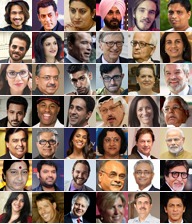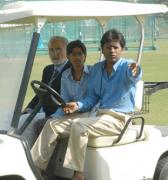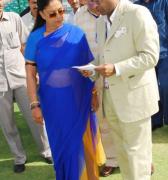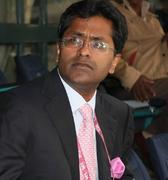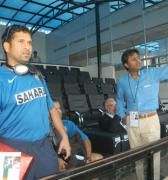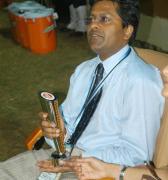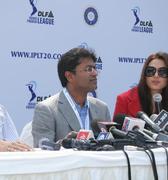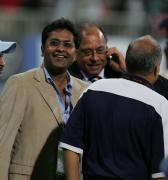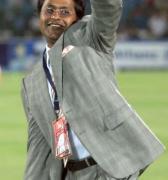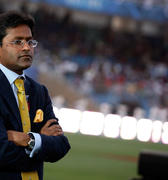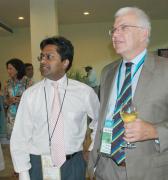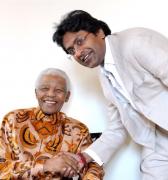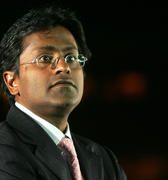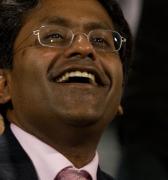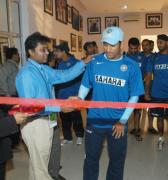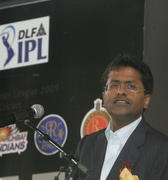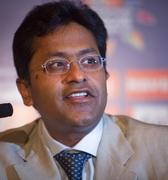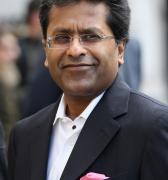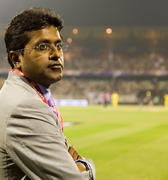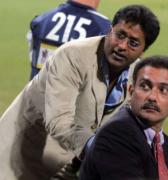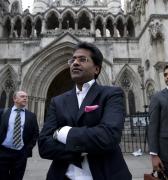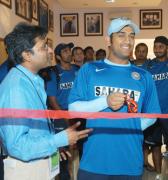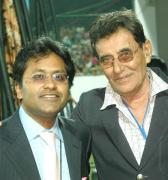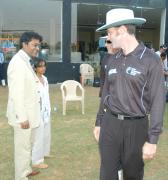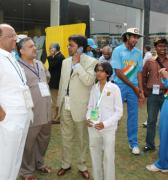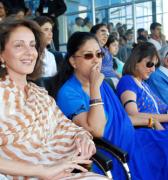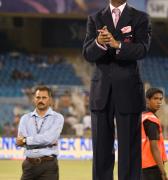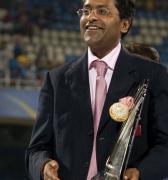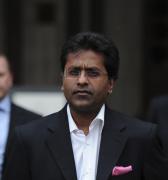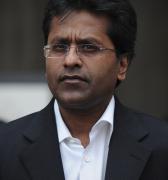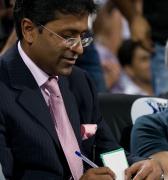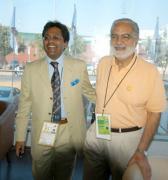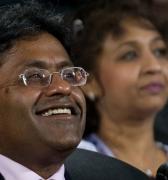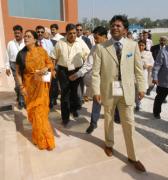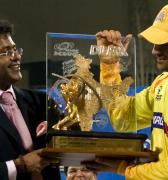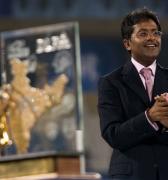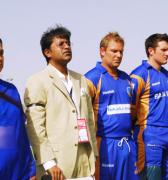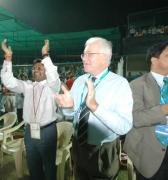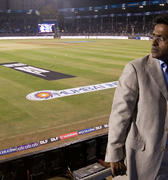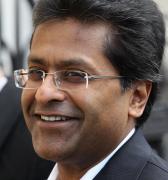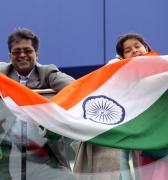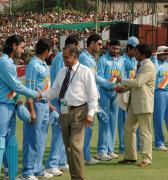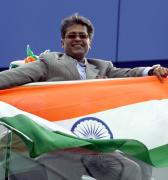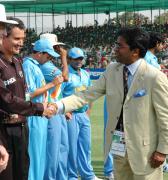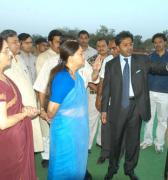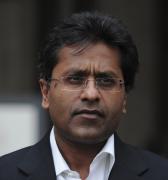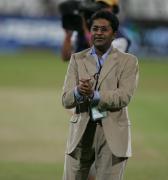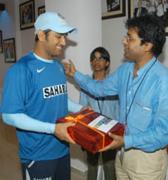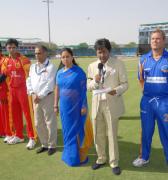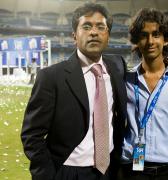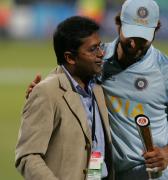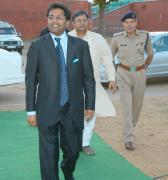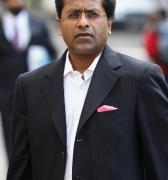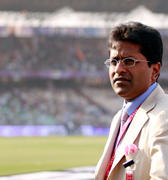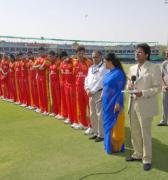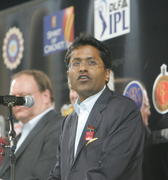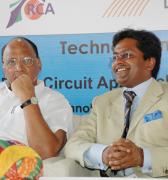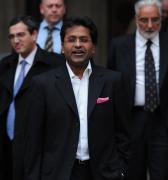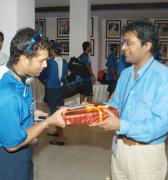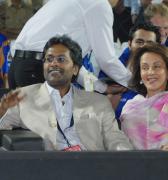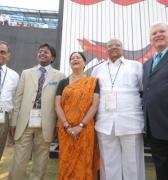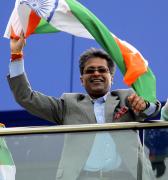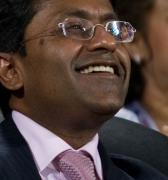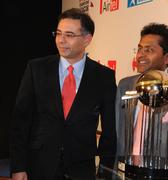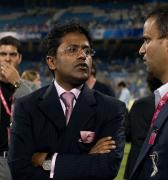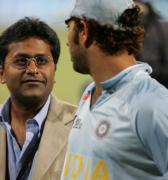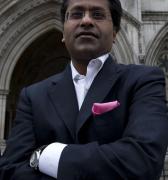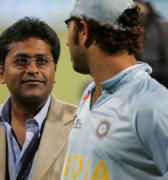The Supreme Court of India pulled up the BCCI for "monopolising" cricket in the country and said several youngsters wanting to be Dhonis and Kohlis were not given equal opportunity if they were not on the right side of the cricket body.
"Several youngsters in the country want to make their career in cricket and want to be Dhonis and Kohlis due to the glamour and glitz associated with it," a bench headed by Chief Justice TS Thakur said. "They do not get equal opportunity if they are not on the right side of the BCCI. Sometimes they are prevented by the people at the helm of affairs."
The apex court also appointed senior advocate Gopal Subramanium as amicus curiae in the matter and sought his assistance to explore how the recommendations of the Justice RM Lodha committee, favouring large-scale structural reforms that the BCCI has been resisting, could be implemented.
The bench, also comprising Justice Ibrahim Kalifulla, expressed anguish over the cricket body running a "prohibitory regime and monopolizing cricket" across the country, saying no one can play the game without its nod. "You (BCCI) are running a prohibitory regime which is spread across the country," the bench said. "If a player has to play cricket he has to be with you. You have complete monopoly. You have monopoly over members and you prevent people from becoming members."
Senior advocate Arvind Dattar, appearing for the Tamil Nadu Cricket Association, said the recommendation of one state-one vote will create inequality rather than equality. "The recommendation will create inequality rather than equality. It will promote inequality among equals," he said.
The bench then asked why the formula cannot work for the BCCI, when one country, irrespective of its population, constitutes one vote at the ICC. "When ICC accepts the principle of one country-one vote irrespective of population, then why can't the similar formula of one state-one vote work for BCCI. It will result in equality to play cricket," the bench said.
It further said the apex court had already held that if any body or association was discharging a public function, then it has responsibilities and obligations including giving equal opportunity to all.
The bench also pulled up the Baroda Cricket Association (BCA), which has opposed the reforms recommended by the Lodha panel, saying any cricketing body associated with the BCCI will have to reform itself. "If any cricket club or association wants to do anything, we are least bothered. We are not here to reform every cricketing club. But if any institution which is discharging public duty like BCCI, then any organization or association associated with it will have to reform itself," the court said.
Senior advocate Kapil Sibal, appearing for the BCA, said reforms suggested by the Lodha panel were not under constitutional principle and may or may not be implemented by the BCCI, but state associations, which have their own set of rules, cannot implement them.
"Every association has its own set of rules and by-laws which can't be changed. Do we all who constitute BCCI have to change our laws, it can't be," Sibal said, adding that if the cricket board does something wrong, it could be held accountable but not the associations.
He said there cannot be uniform rules and regulations as there may be problems in following them owing to different members having different compositions, laws and by-laws. Sibal said the BCCI selection committee consists of five members from five zones and they select players from different zones without any favouritism. "Even in present structure in BCCI, equal representation is given to all the zones. There is nothing like undue or undemocratic (favour)," he said.




